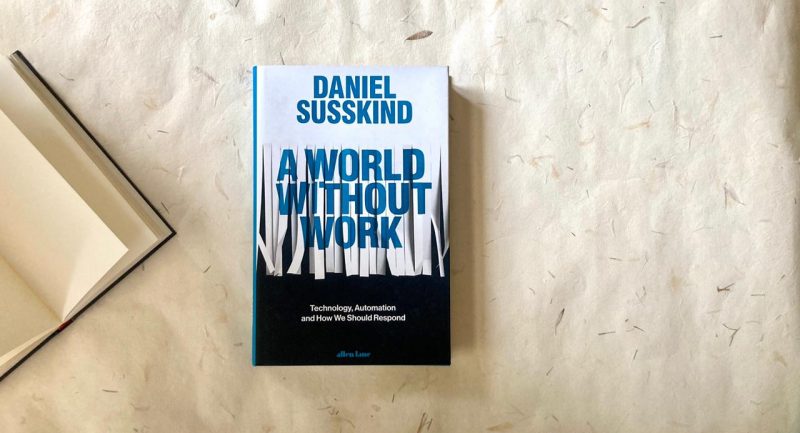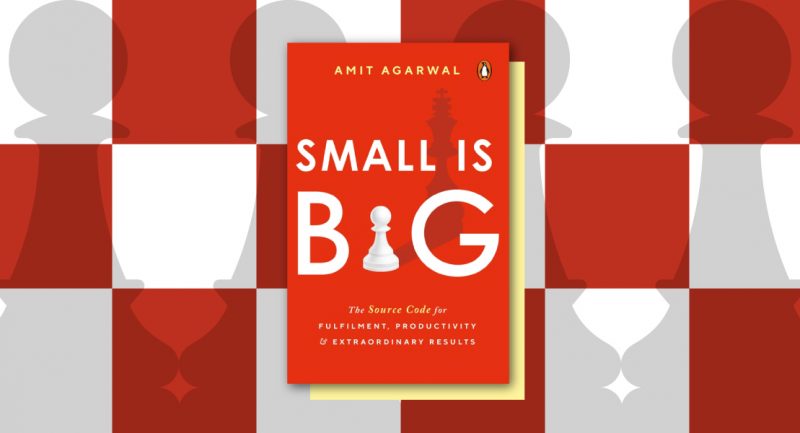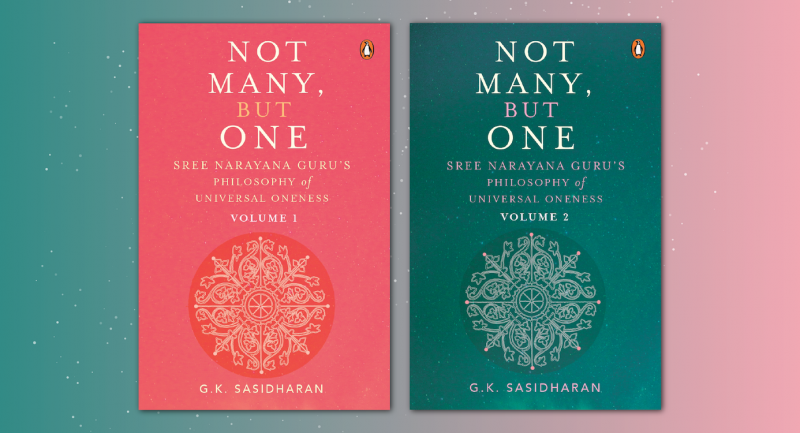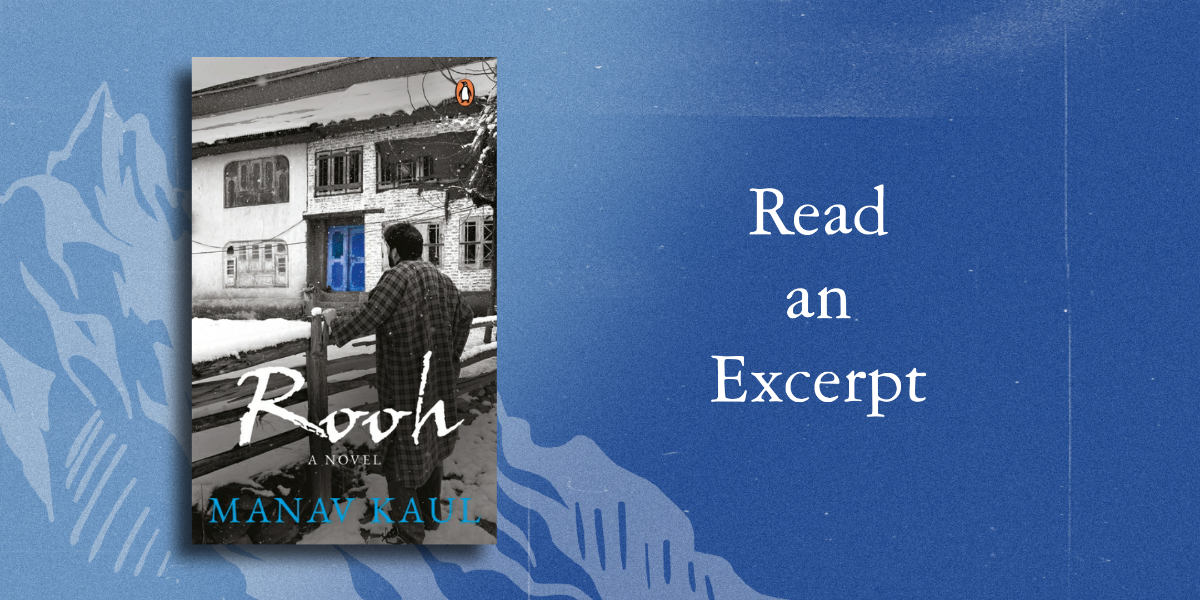
Step into the mesmerizing world of Rooh by Manav Kaul, and embark on a journey where past and present intertwine beautifully and memories come to life. Uncover the very soul of Kashmir, the author’s cherished friendship with Titli, and the echoes of a place that lingers in every word.
Read this excerpt to catch of glimpse of the nostalgia.
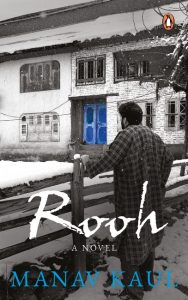
***
When pasts are so distinct, all the presents too have their own distinct expanses; it is difficult to be certain which memory would bring a smile to which face. Therefore, if you have picked up this book to understand the political, religious, economic, social and communal situation of Kashmir, you will be disappointed. I don’t know why I am writing this book. I don’t even know whether this writing will finally take the shape of a book. I just want to touch those images again that I had gathered in my childhood. Maybe that’s why even in the current situation in Kashmir I wasn’t reluctant to go there. I don’t know what might happen in the future at all.
In Baramulla, Khwaja Bagh, Titli lived right above our house. My brother, Titli and I . . . we played together all the time—all the games, games in the middle of a game, and our tired laughter after the games were exactly the same. My brother and I were not as sad to leave Kashmir as we were about getting separated from Titli. She was our first love. We could never find out whom she loved more between us. I knew precisely what was making me cry while leaving Khwaja Bagh, but I didn’t want to appear weak in front of Titli, and so I held myself together. While leaving, my brother had asked Titli for her photograph. I was surprised when my brother did this. Everything between us had always been divided into three. For the first time my brother had asked for something from Titli that was entirely his, and I had no claim on it. I was sure that Titli would refuse, but she took out a picture from her schoolbag and gave it to him. I kept thinking for a long time—I should have also asked for a memento or given her something for memory’s sake. But what could I have asked for and what could I have given? We left Baramulla for Srinagar.
This happened years ago. Now we had become two fair-skinned boys of a small district of Madhya Pradesh who didn’t like talking to each other much. Kashmir was in our stories still, but whenever there was mention of Kashmir, we could see Titli flying away. I had noticed that every time Kashmir was mentioned, my brother would immediately go to the other room. I was aware that in the other room, he would be staring at that black-and-white picture of Titli. Outside, I would be regretting the fact that I didn’t even cry in front of her. I had to really please my brother, run several errands for him, and then, on some afternoons, he would let me look at Titli. The only condition was I could not touch the picture, and staring was prohibited. Most probably, it was a photograph taken out from her school ID. She looked like a fairy in the photo—one who could step out any time and say, ‘Let’s fly!’
That picture didn’t stay for long in the pockets of my brother’s shorts. We had also begun to grow up, wandering in the bylanes of that village. Titli flew away from our lives gradually.
When Father was on his last trip to Kashmir some years ago, he had met Titli’s family on his way back to Jammu. He told us this, and we both blurted out together, ‘How is Titli?’ Father told us, ‘She was married off. During the delivery of her first baby her legs became paralysed. Her husband abandoned her. She passed away sometime ago due to depression.’
After speaking about Titli in brief sentences between sips of tea, Father got back to narrating his anecdotes about meeting Baby Aunty. But neither of us wanted to know about anyone else. After a long silence my brother got up and went inside. Now he didn’t even have the picture. What would Bhai be doing inside? For a long time I stood quietly outside his room. Then I took out the torn and faded black and-white photograph of Titli from my mathematics notebook. I had stolen the photo long ago from my brother’s pocket. I wanted to go to Bhai’s room and give the picture to him that very moment, but it was risky. So, I went to the courtyard and buried the picture under a broken wall.
I don’t know how many years ago I wrote about this incident. Now, in my preparation to return to Kashmir, all of this was coming back to me. How much of Kashmir lay scattered in my writings? In all my poems, where I mention a cloud, the cloud belongs to nowhere else but Khwaja Bagh. Every character that I have named Titli is the one whose picture I had buried under the broken wall of my home back then. Every time I say ‘tea’, the four o’clock tea made by my mother in Khwaja Bagh is what I remember. In the fragrance of home, a large part is Kashmir. Can all of this be buried?
***
Get your copy of Rooh by Manav Kaul wherever books are sold







